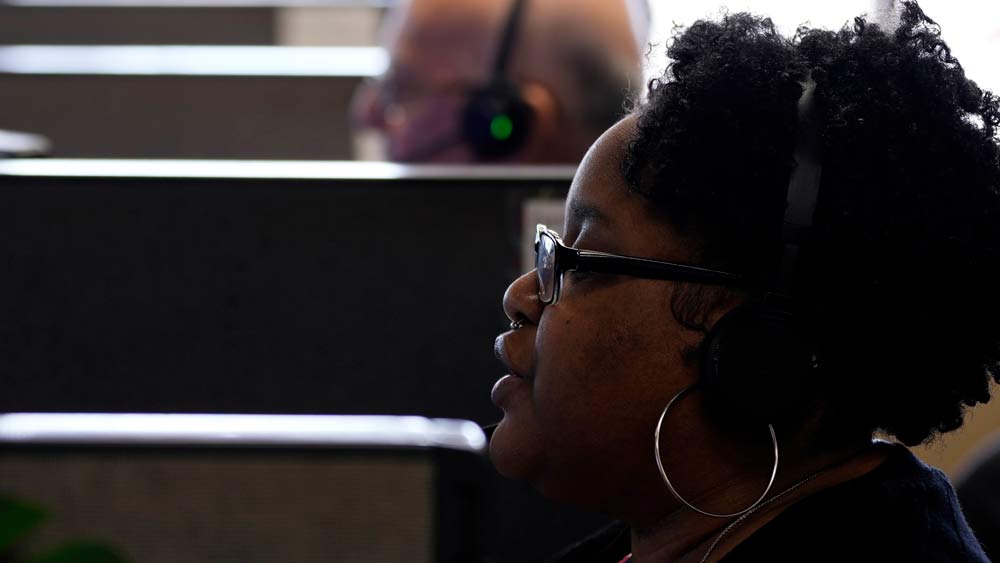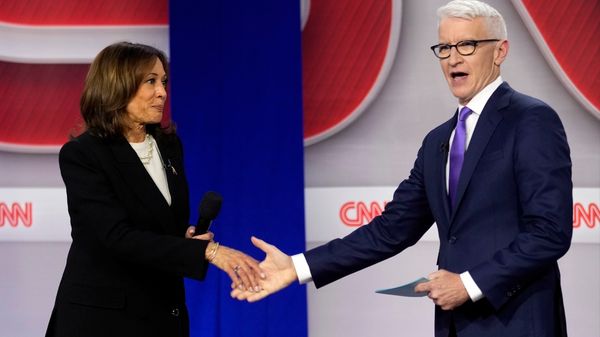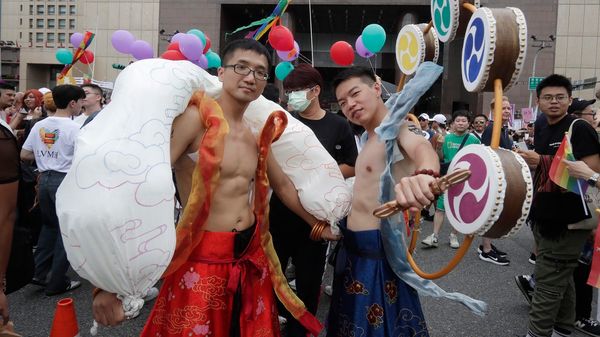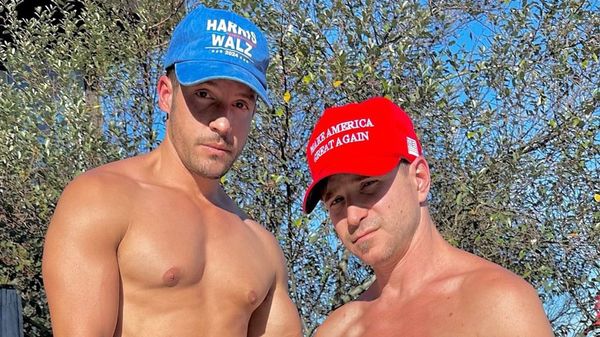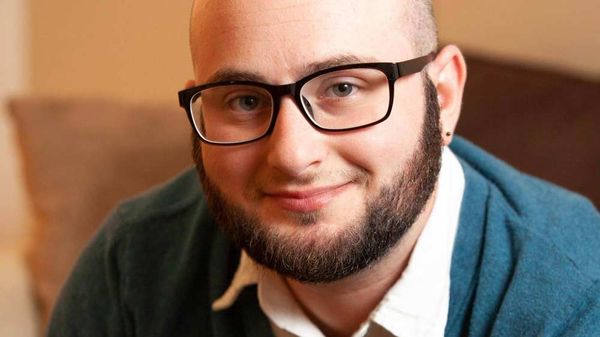July 19, 2007
Feds fund Fenway meth program
David Foucher READ TIME: 3 MIN.
Last month Fenway Community Health's New Champions, a federally funded program working to combat crystal meth addiction, launched its second major phase, debuting its Resist Meth ad campaign and holding its second training for men to learn how to do outreach in the community and talk about meth use and addiction. New Champions, a collaboration between Fenway, AIDS Action Committee, and the Latin American Health Institute, is one of 10 programs around the country receiving crystal meth prevention money from a grant through the Substance Abuse and Mental Health Services Administration (SAMSA), but among those programs it is the only one focused on confronting meth addiction within the gay male community.
Jed Barnum, program manager for New Champions, said the other programs receiving the SAMSA meth grant focus on other populations such as children, youth in the juvenile justice system and Native Americans. The program managers share information through conference calls and meet at conferences held twice each year, and Barnum said the New Champions program has been able to provide those other programs with a new perspective because of the unique patterns of meth addiction in the gay male community. He said representing a gay-focused program has allowed him to advocate for a focus on the links between sex and meth use in the programs' approach to tracking meth use.
"It's allowed us to advocate for questions around sexual behavior that might be tricky to do in other cases," said Barnum.
John Vincent, Fenway's manager of prevention and education, said he wrote the grant to build on Fenway's earlier work on crystal meth addiction through an earlier federal grant focused around club drugs. He said Fenway's own experience with patients provided the evidence to convince SAMSA of the need for supporting Fenway's work.
"We had all this data that we collected from our client pool demonstrating that crystal use was increasing dramatically for folks accessing services at Fenway. We could prove it," said Vincent.
Barnum said that other cities, particularly San Francisco and New York, have been doing groundbreaking work in responding to the rise in meth use among gay men. But he said he believes the New Champions program features a unique combination of prevention strategies that he does not believe exists in other cities. One prong of the program is grassroots outreach. Currently New Champions has trained about 30 people to go out into the community and talk with people about crystal meth use, issues around addiction and places to get support. The long-term goal is to get about 100 men trained and get them to talk to people in the bars, in the clubs, on the street, and wherever else they go within the gay male community. The next training for outreach volunteers is scheduled for October.
The second prong is Fenway's Health Navigator program, which has dedicated staff working directly with clients as case managers to help connect them with health services, including medical care, substance abuse services, and mental health services.
The third component is the Resist Meth public awareness campaign, which is also being used in San Francisco.
Barnum said because of Fenway's position as the only gay-focused program receiving the SAMSA meth grant people working in other cities have contacted him to learn about the work going on in Boston.
"People are at least interested, and it doesn't sound like other people are trying this three-pronged approach," said Barnum.
David Foucher is the CEO of the EDGE Media Network and Pride Labs LLC, is a member of the National Lesbian & Gay Journalist Association, and is accredited with the Online Society of Film Critics. David lives with his daughter in Dedham MA.
